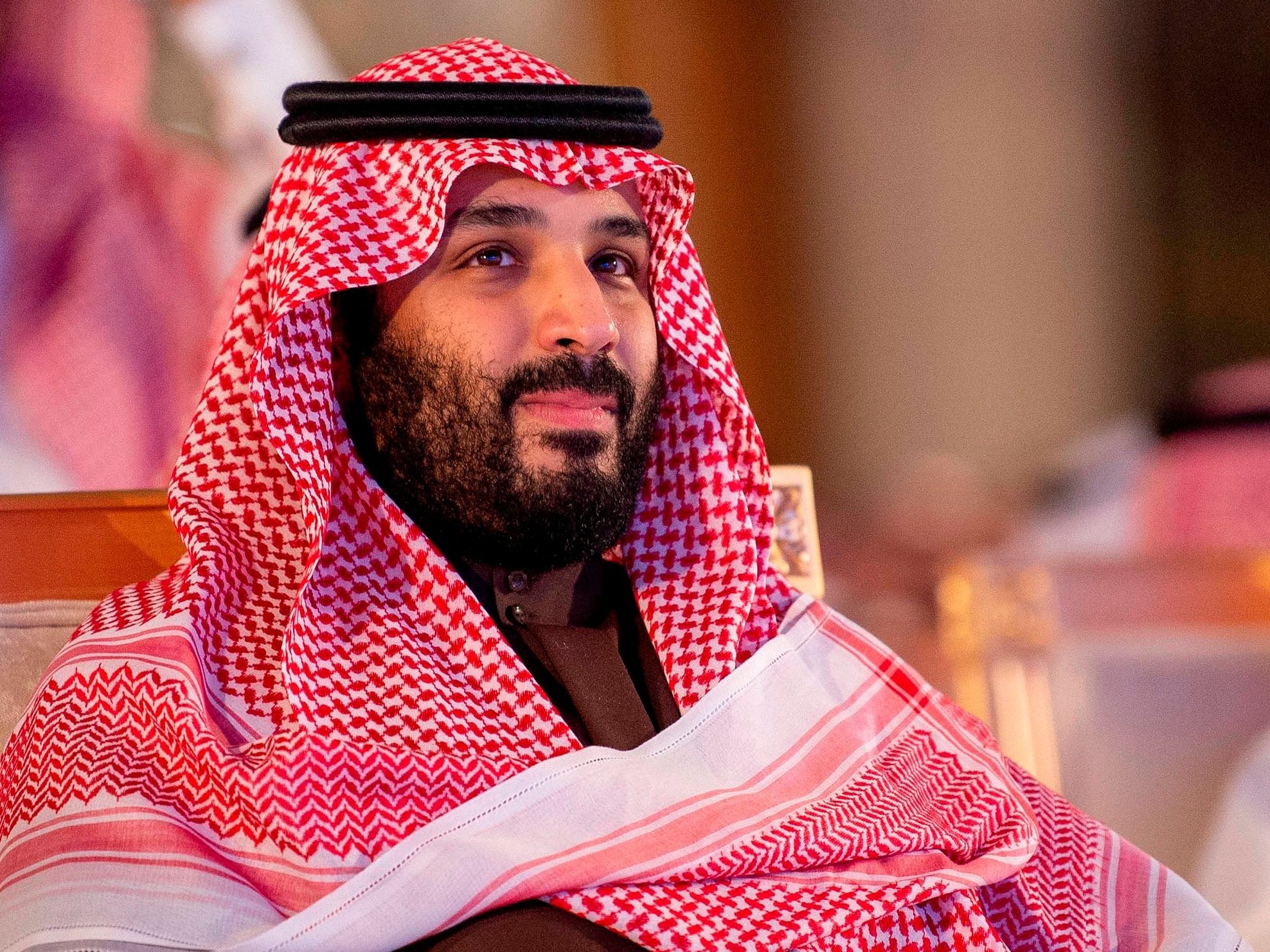A UN expert has threatened sanctions against the Saudi crown prince. Is he really the kind of ally we need against Iran?
The world is rightly outraged by his role in the death of Jamal Khashoggi – but the 91,600 Yemenis killed by the Saudi-led coalition is something that should lie more heavily on his conscience


There is “sufficient credible evidence” that Crown Prince Mohammed bin Salman, the effective ruler of Saudi Arabia, was responsible for the murder of Saudi journalist Jamal Khashoggi and that he should be investigated according to a UN special rapporteur.
Saudi Arabia first denied government involvement in the murder of Khashoggi after he entered the Saudi consulate in Istanbul on 2 October. It later admitted the brutal assassination but claimed that it had been the result of “a rogue operation” by a 15-strong Saudi team that was waiting for Khashoggi inside the consular building.
There is a chilling moment in the audio recording of Khashoggi’s last moments quoted in the report when he must have realised that the Saudi security officials gathered around him were intending to kill him.
“There is a towel here,” Khashoggi says. “Are you going to give me drugs?” A man replies, saying: “We will anaesthetise you.” There is the sound of a struggle during which the journalist was murdered and his body afterwards dismembered.
The Saudi government has said that neither the crown prince nor King Salman knew about the killing in advance. Sceptics have pointed that several of the team that flew to Istanbul and went to the consulate came from Prince Mohammed’s inner circle. US officials have said that the operation could not have been carried out without the crown prince’s knowledge.
At a hearing in Washington earlier this year, Republican senator Marco Rubio said the crown prince had gone “full gangster”, an assertion repeated by another Republican senator.
In the report issued today the UN investigator Agnes Callamard confirms that Saudi Arabia was responsible for the “deliberate, premeditated execution”.
The report recommends that the crown prince and his assets should be hit by “targeted sanctions” until evidence “is provided and corroborated that he carries no responsibility for this execution”.
The importance of this cannot be understated. Bin Salman, as the strong man of Saudi Arabia, is playing a central role in escalating the confrontation between the US, backed by Israel, Saudi Arabia and UAE on one side, and Iran and its allies on the other. President Trump is giving full support to Saudi Arabia and accusing Iran of acts of sabotage against shipping in the Gulf, but he will have difficulty in dispelling international suspicions that Saudi Arabia is engaged in some plot to provoke a US-Iran war until the Saudi government explains more convincingly who gave the orders for the Khashoggi murder.
It is not as if the Khashoggi affair stands alone. This was the killing of a single individual, but this week the number of fatalities in Yemen since the Saudi-led military intervention in March 2015 is for the first time accurately reported to be 91,600 deaths by violence since the beginning of that year. This does not include the large numbers of Yemenis who have died as a result of hunger and cholera.
This horrific death toll, the result of a careful count by the US-based Armed Conflict Location & Event Data Project organisation, is over the four-and-a-half years since Mohammed bin Salman as defence minister ordered Saudi military action in pursuit of a quick victory against the Houthi rebels. It was widely reported that a motive for launching the war was to enhance Prince Mohammed’s patriotic credentials as he sought to seize all the reins of power in his own hands.
The track record of the effective ruler of Saudi Arabia shows that he frequently looks to violent but ill-judged solutions to problems such as the apparent abduction of the Lebanese prime minister, the incarceration of Saudi businessmen in a hotel, and an escalation of the war in Syria that provoked Russian military intervention.
At the end of 2015, the German intelligence agency BND surprised diplomats in Berlin by publishing a prophetic one-and-a-half-page memo saying that Saudi Arabia had adopted “an impulsive policy of intervention”. It portrayed Prince Mohammed as an out of control political gambler who was destabilising the Arab world. The report was swiftly withdrawn by the Germans, but has turned out to be ahead of its time.
There is a growing bipartisan move against the Trump family’s close links to the crown prince in the US Congress. Governments of other countries vary between fawning over Prince Mohammed and regarding him warily as a political firework which may explode at any moment and in any direction.
Many international leaders will try to ignore the conclusion of the UN report that the death of Khashoggi was “an extrajudicial killing for which the state of Saudi Arabia is responsible”. But those same leaders should consider the dangers of getting close to a man and a country whose weird and violent policies are a danger to all.
Join our commenting forum
Join thought-provoking conversations, follow other Independent readers and see their replies
Comments